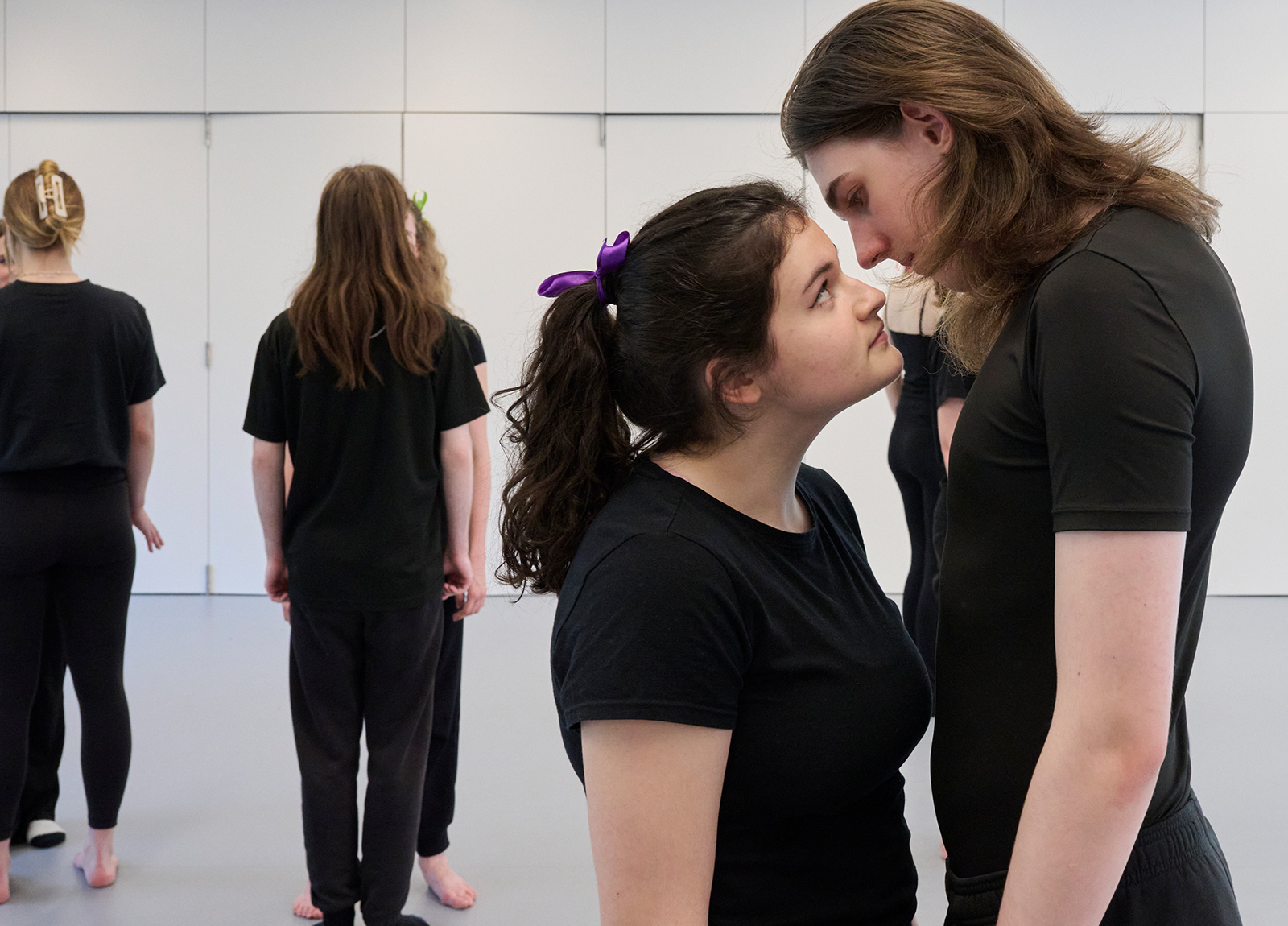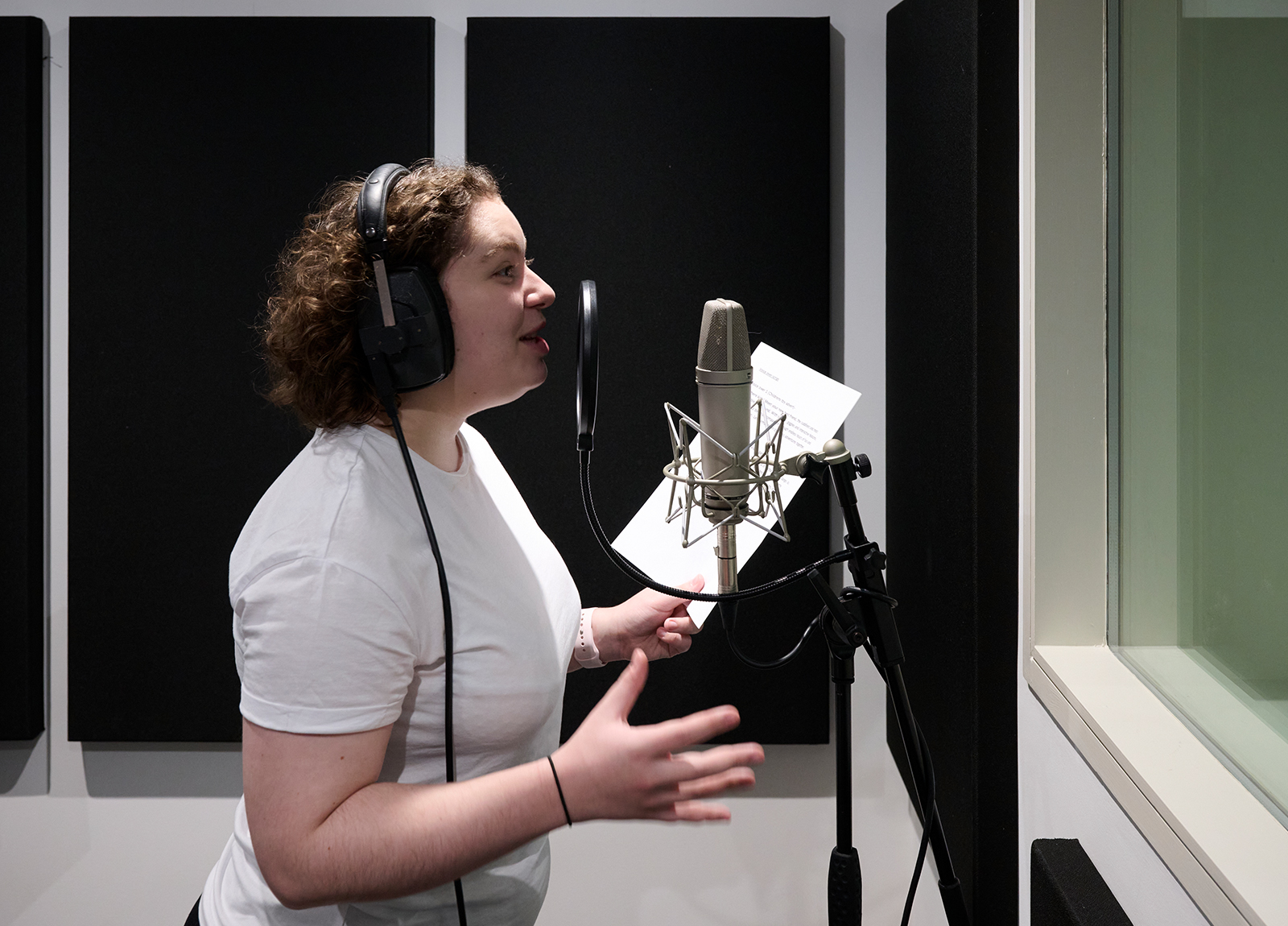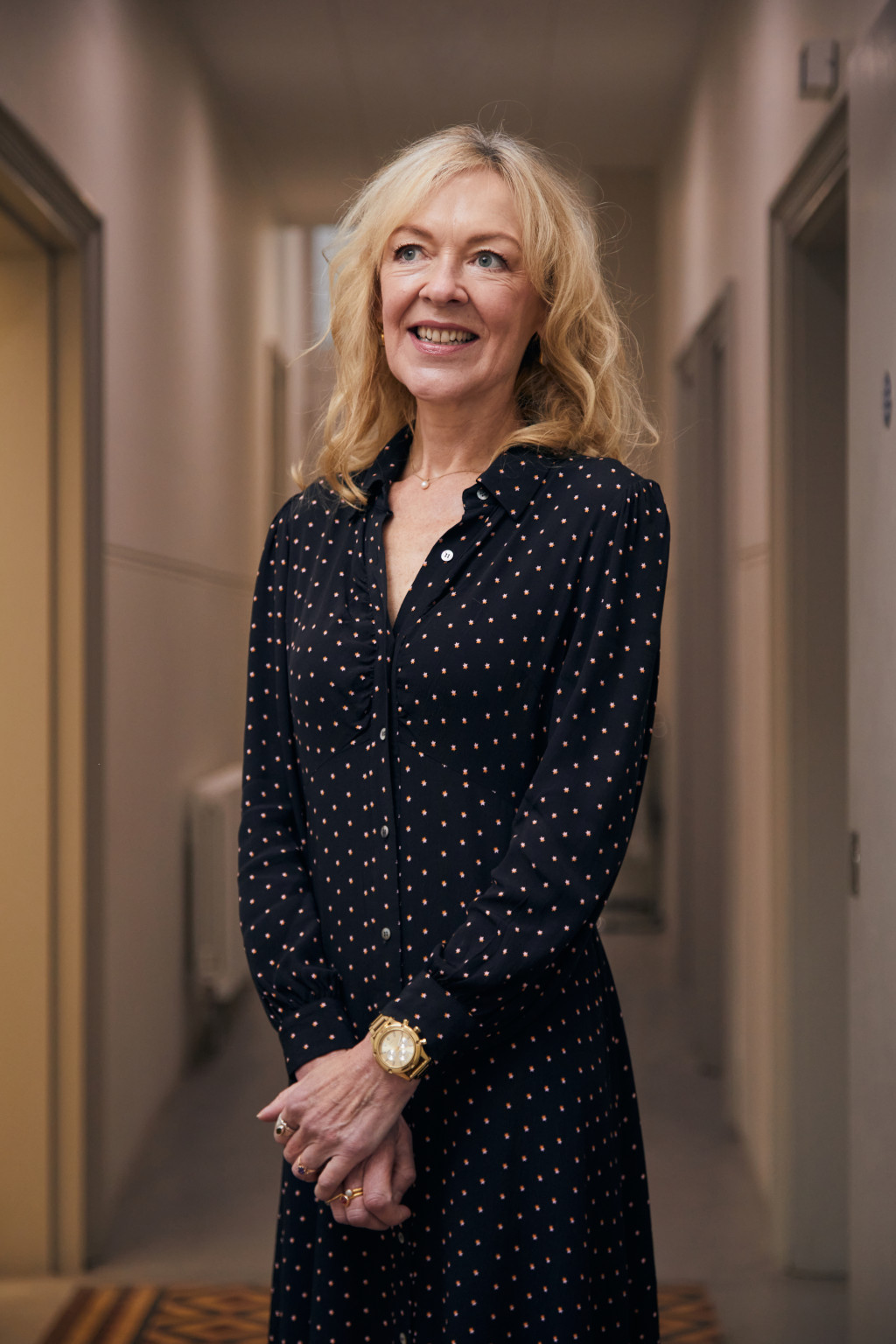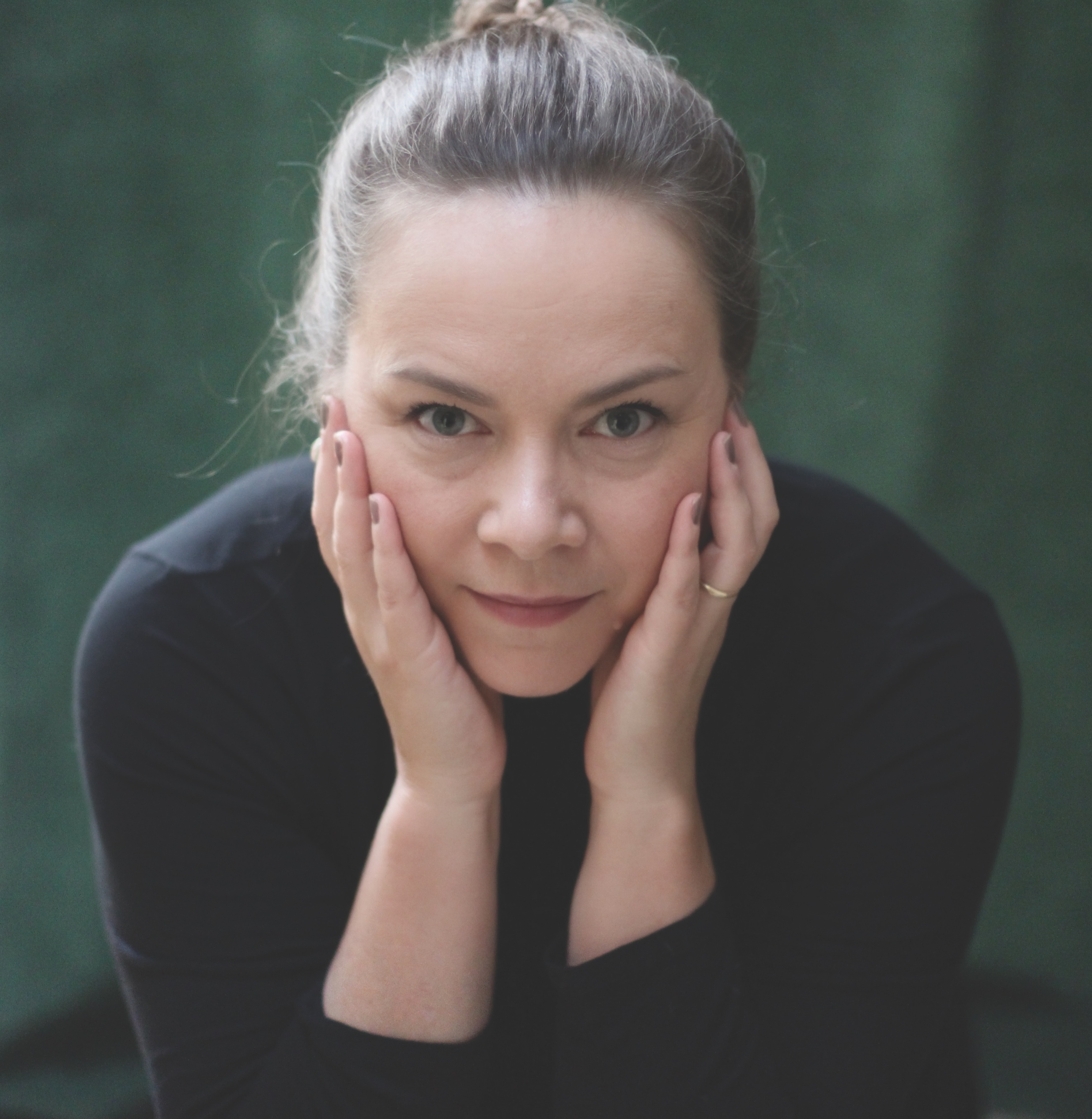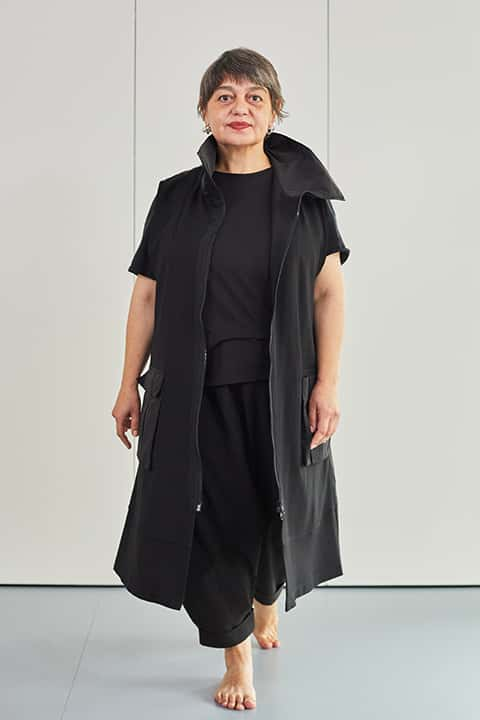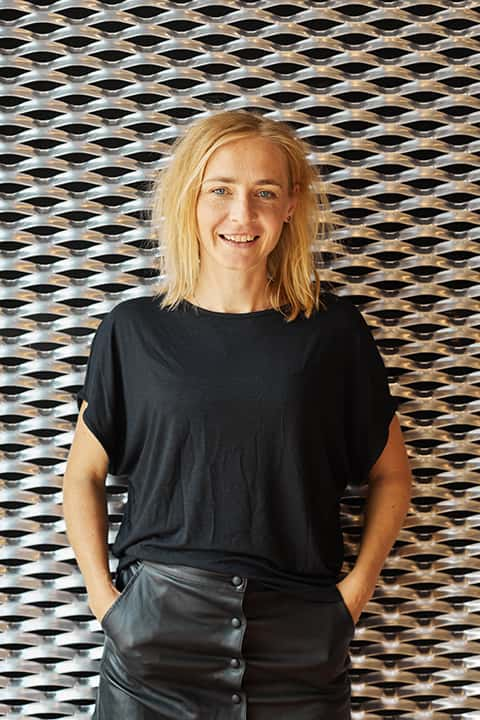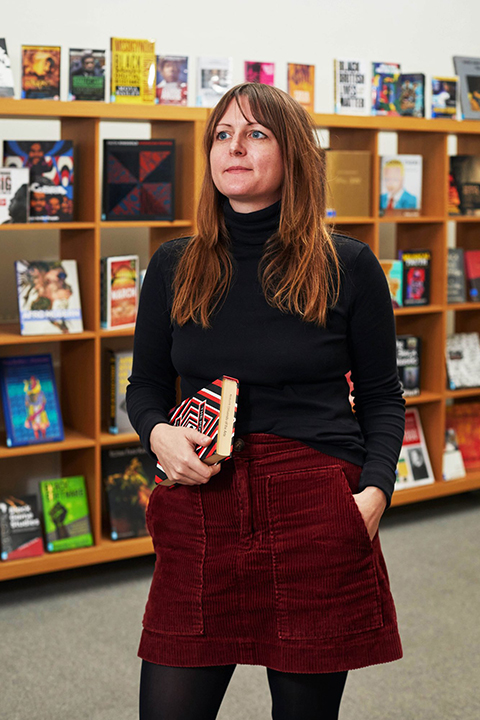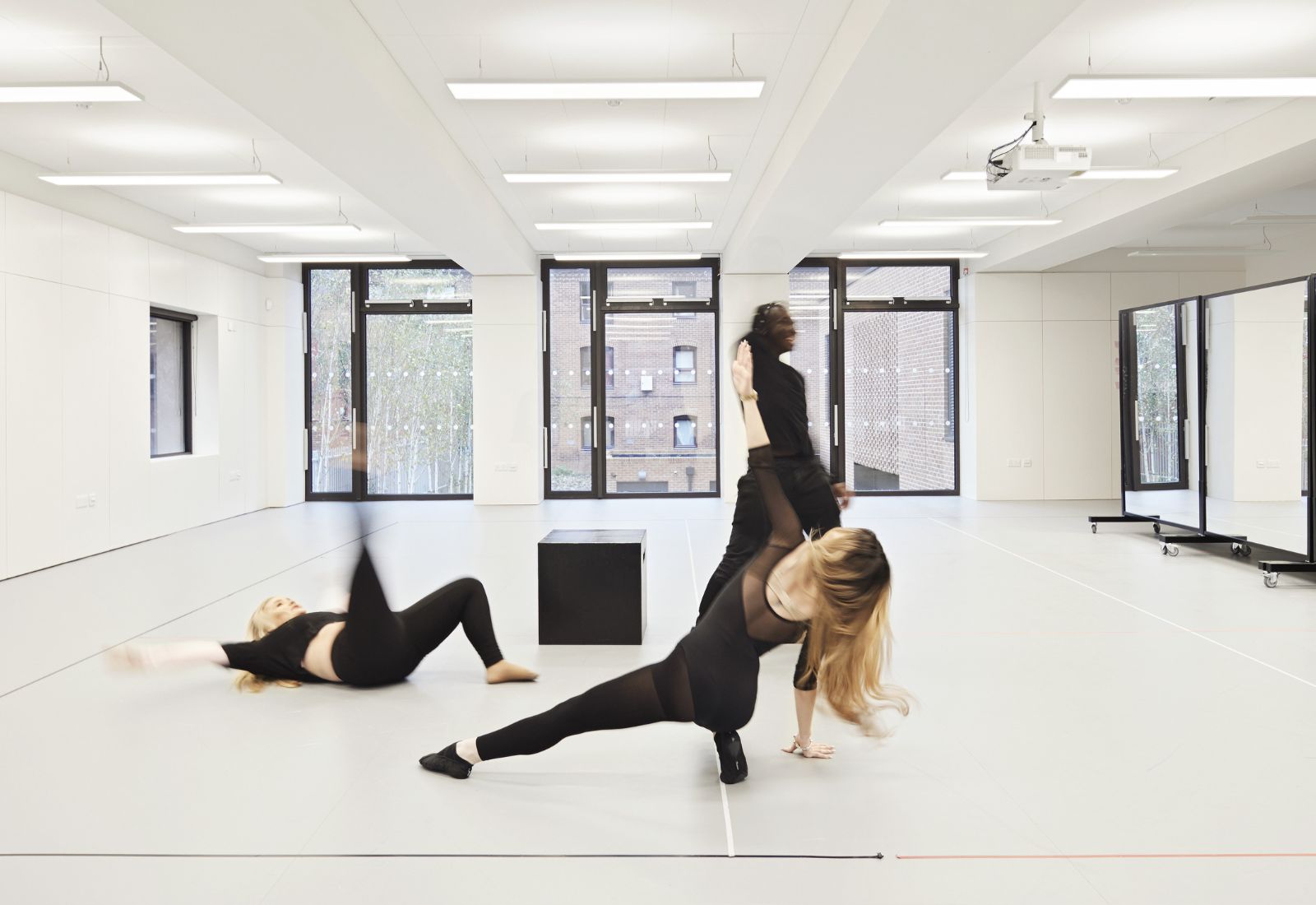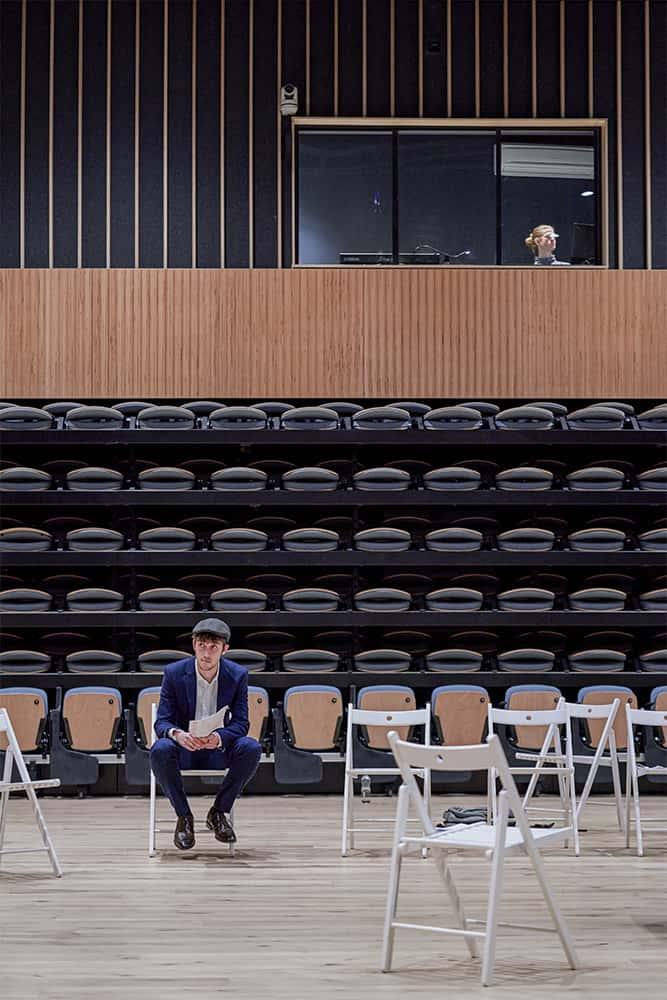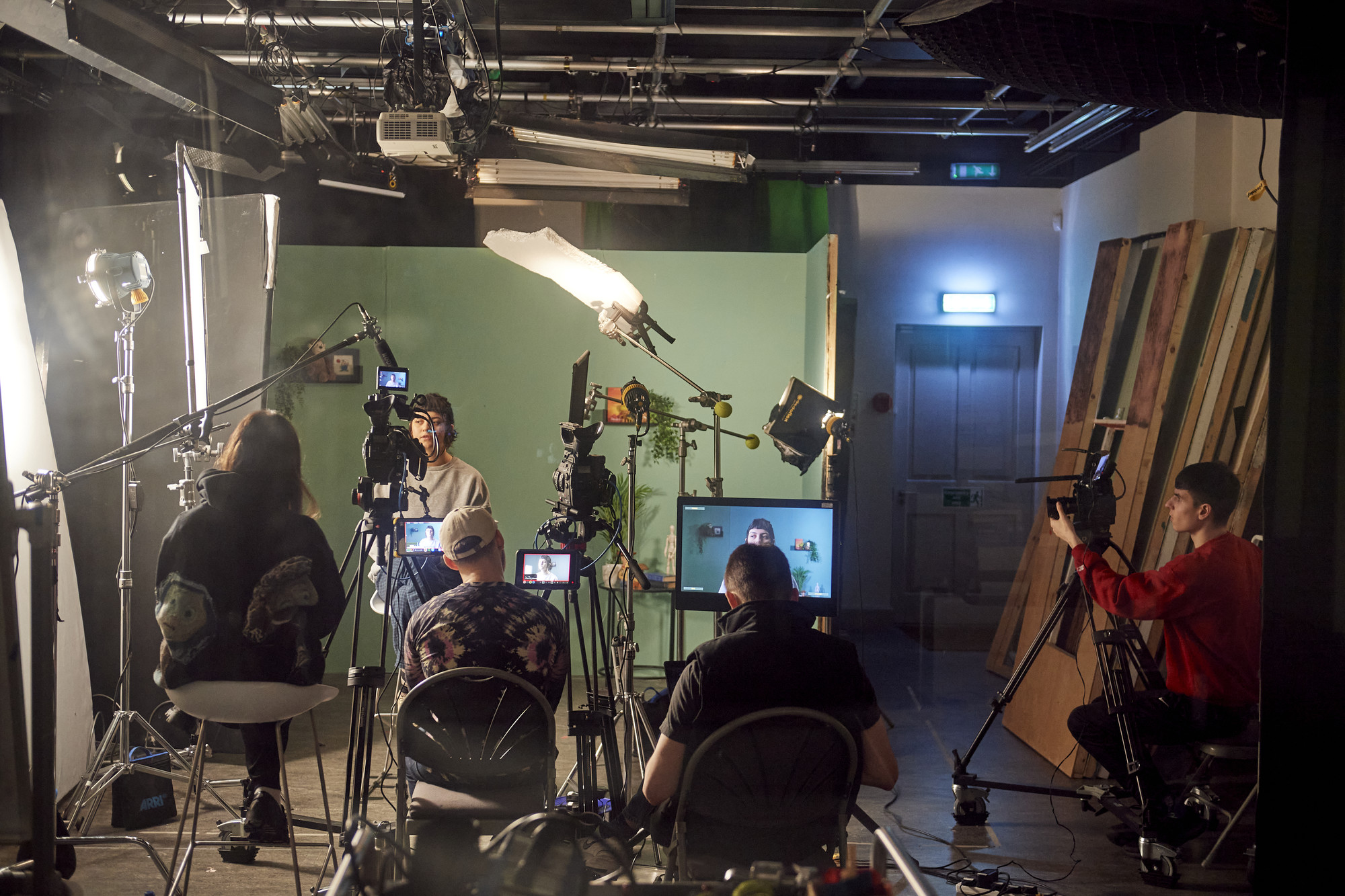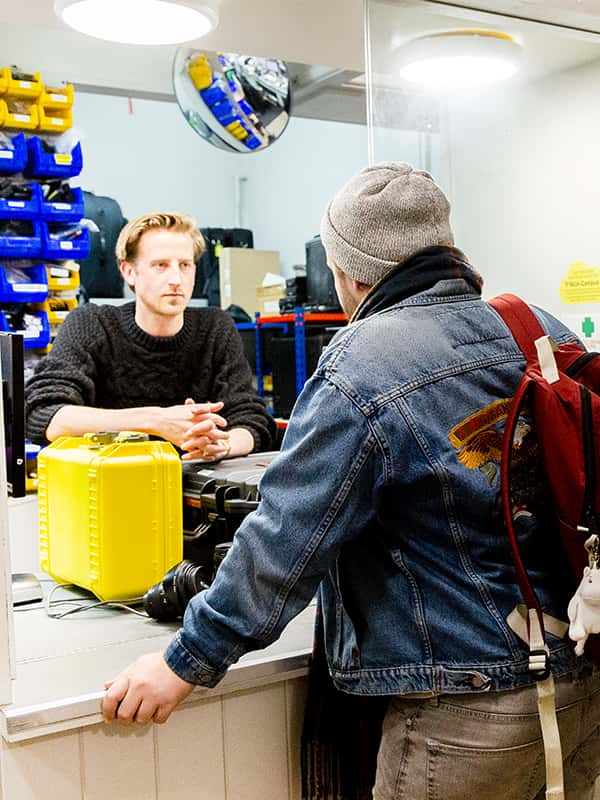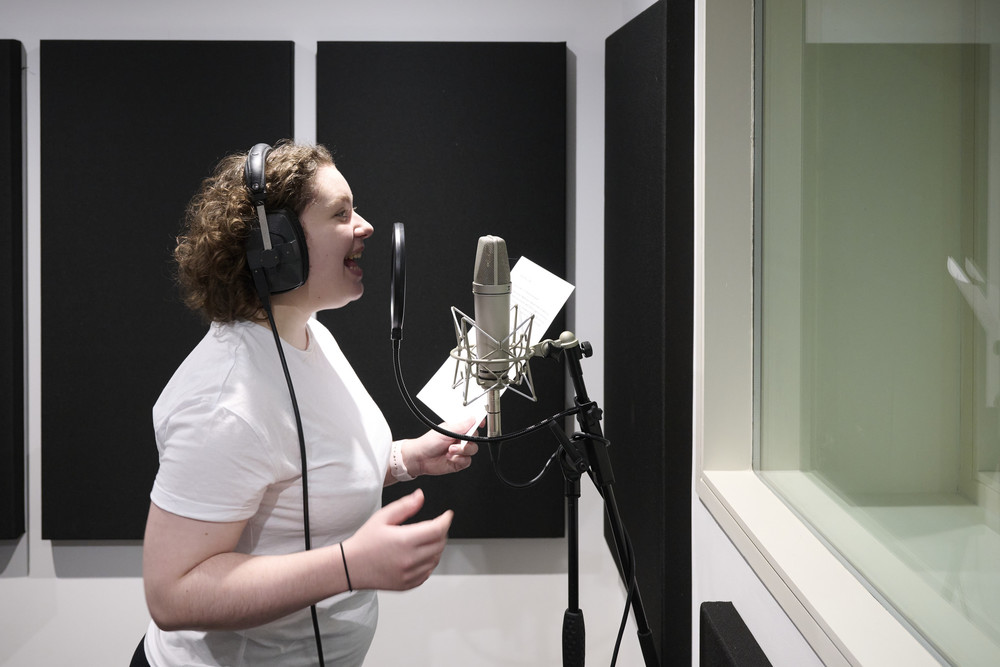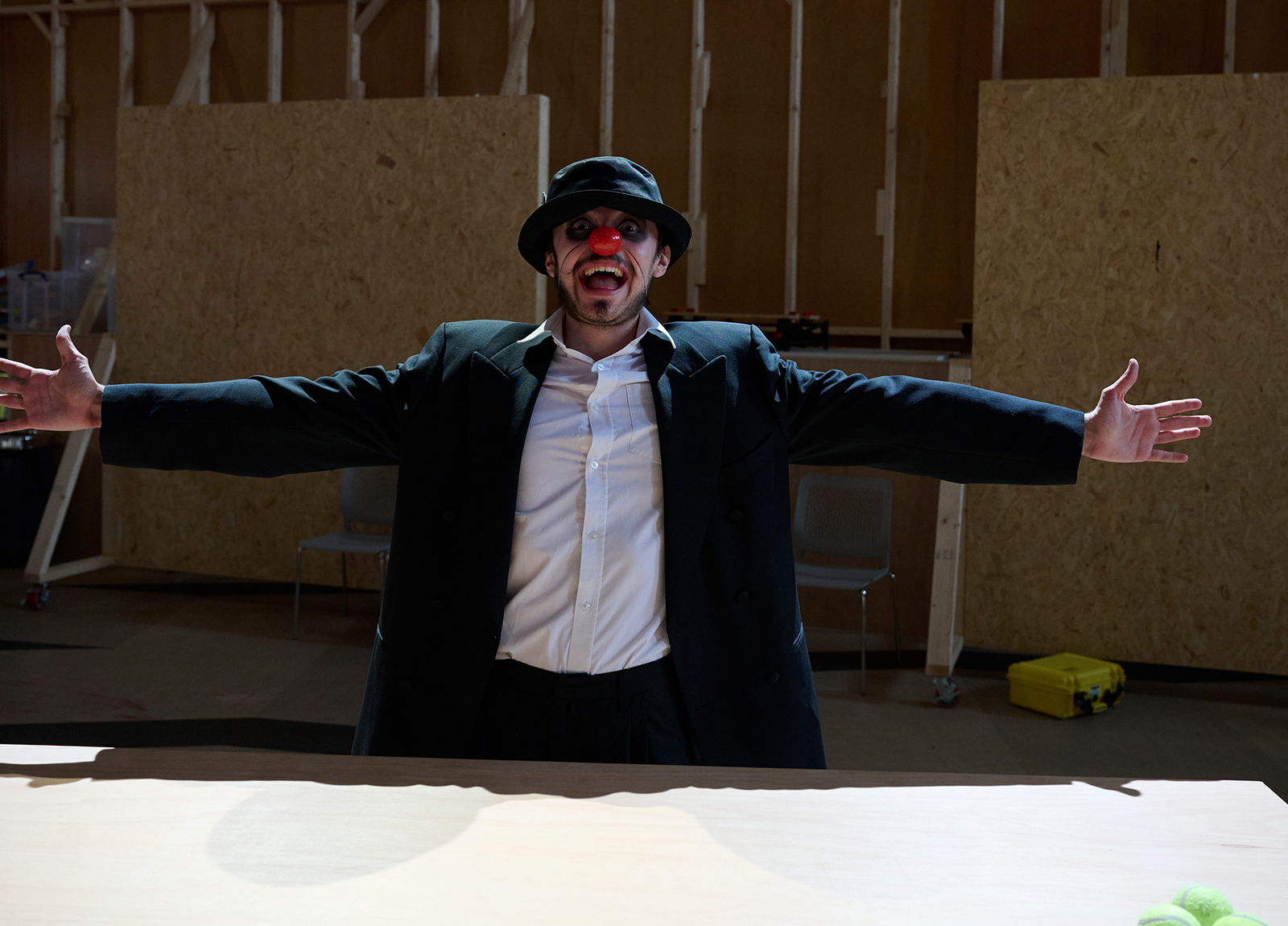

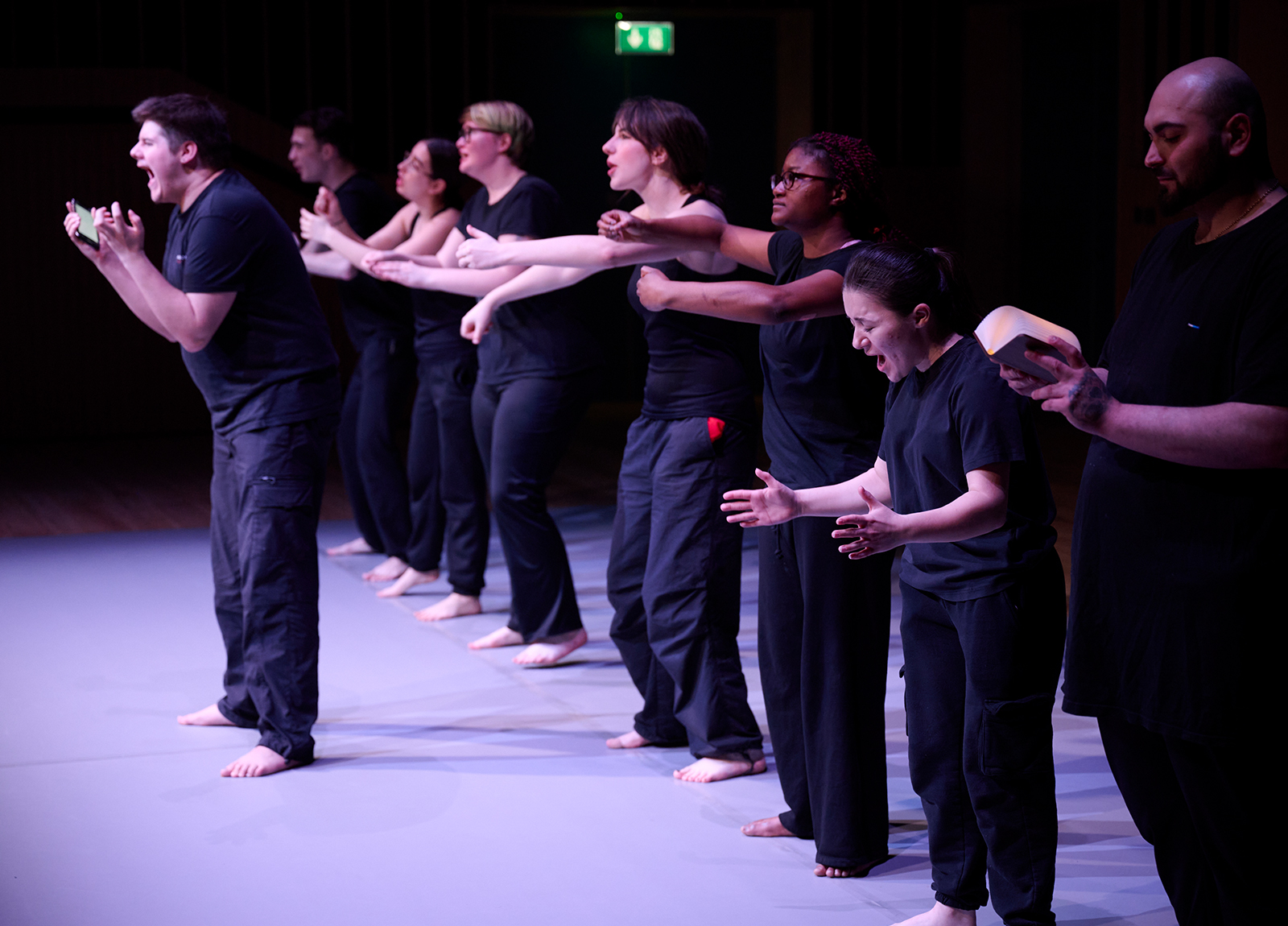
Acting BA (Hons)
Develop the creative, technical, and professional skills required to become a successful actor for stage, screen, and recorded media.
-
Course Duration
3 Years
-
Course Options
Diploma Year
-
Typical Offer
104-120 UCAS Tariff Points
- How to Apply Request a prospectus
-
Annual Fees
- Home (full-time) £9,790
- Overseas (full-time) £18,860
-
UCAS code
- W410 (3 Year)
- Institution code: N39
-
Course Start
September 2026
Our BA Acting course provides a vibrant, creative and supportive space for actors in training who want to become confident, innovative artists. Whether you dream of a career in theatre, screen, or recorded media, our expert teachers, industry professionals and researchers will help you develop the essential skills to succeed. From practical techniques to critical insights, we’ll support you every step of the way as you shape your future in the arts.
Spotlight partnership
-

Spotlight is a casting platform in the UK that connects actors, agents, and casting directors. It’s used by production companies, broadcasters, and advertising agencies. Our partnership with Spotlight offers access to the largest online casting resource in the UK, as well as a wealth of support, content and events specifically tailored towards graduate actors.
Why study with us
-
Discover your creative potential and express your unique worldview in a supportive environment.
-
Integrate practical training in voice, movement and acting classes to explore a wide range of practices and techniques, guided by expert staff and industry professionals.
-
Master technology for sound and camera work, gaining hands-on skills that will keep you ahead of the curve in today’s industry.
-
Our course is unique in facilitating cross-disciplinary skills that will give you an edge in the industry. You will collaborate with our screen-based courses in film, animation, visual effects and games, as well as fashion and fine arts.
-
At the end of the course, you will be industry-ready and confident in auditions, interviews, self-taping, and networking. Your graduate package will include headshots, website, voice and showreels, and a bespoke career plan.
Course Details
Year 1
Core Units
Creative Learning (40 credits)
This introductory unit launches your journey into the professional world of acting and performance. Through a combination of practical workshops, seminars and independent study, you will delve into the key techniques and guiding principles of the acting process: voice, movement, play, concentration, embodied awareness, imagination and active listening. Practical sessions exploring improvisation, scene study, rehearsals and presentations, combined with investigative approaches to research and critical reflection, will equip you with the essential tools for approaching text, making creative choices, developing your own personal practice and producing a body of creative work.
40 credits
Explore and Experiment (80 credits)
This unit expands and develops core acting skills and understanding of performance theory. A focus on developing and embodying character in specific environments draws on various acting approaches integrating text analysis, animal work, points of centre, point of lead, sensory work, and is informed by continuous critical reflection on your learning. Together, these elements prepare you for observing, exploring, researching and creating a distinct physical and vocal characterisation. The unit also introduces you to the devising process. Exploring themes that move you and experimenting with aspects of collaborative creation, lead to an understanding of how to develop and structure your own creative voice.
80 credits
Core Projects
Wayfinding Week
The first week of each academic year is called Wayfinding week. It’s an opportunity get your bearings, establish new connections and, after your first year at Norwich, re-establish old ones. Your course team will talk you through the year ahead and explain the expectations for the year. We’ll help you navigate new encounters and identify areas to focus on as you progress through your course.
Make it Manifest(o)
An important element of Wayfinding Week is taking part in our annual ‘Make it Manifest(o)’ project. Your course team will introduce the project in which we’ll ask you to consider your hopes and vision of the year ahead at Norwich and work with students in other year groups to bring your ideas to life. The project culminates in a celebratory display of work across the campus. The project will help you to develop your critical creativity through different approaches, concepts, and mediums. You’ll encounter diverse perspectives and build friendships and networks within our university community.
Interchange Week
Interchange weeks are opportunities to step away from your disciplinary studies and engage in projects, workshops, visits and talks that extend your knowledge and understanding of the world. Whether you learn a new skill or take part in a global challenge project with students from other courses, you will come away with new insights to take back to your course. Interchange is part of the schedule for all Norwich students with sessions held across and beyond the campus led by university staff, visiting lecturers and students.
Year 2
Core Units
Global Contexts (80 credits)
This unit interrogates different approaches to acting and performance, strengthening your knowledge and understanding of a range of acting techniques across contemporary live and digital contexts. Engaging in practical acting workshops and film work, including camerawork, editing, and sound, will refine your interpretive skills, technical abilities and enhance your creative choices. Collaborative projects, alongside critical analysis, encourage you to develop a breadth and depth of experimentation around how acting and performance can address broader social and global concerns. You will gain a heightened awareness of ethical considerations in performance and explore what acting can do within wider contemporary contexts.
80 credits
Collaboration (40 credits)
This unit focuses on enhancing collaborative working methods and engaging with other creative practices. Collaborative projects explore team-working skills, project management and the ability to communicate effectively. Practical workshops are centred on movement and voice, interpreting text and devising immersive performance. Masterclasses in specialised techniques such as stage combat, mask work, and Laban Efforts encourage you to identify your own emerging interests. Cross-course collaborations with other disciplines such as film, sound, animation, fine art or fashion, enhance understanding of acting and performance from alternative perspectives, enabling you to gain new skills and knowledge within and beyond your subject area.
40 credits
Core Projects
Wayfinding Week
The first week of each academic year is called Wayfinding week. It’s an opportunity get your bearings, establish new connections and, after your first year at Norwich, re-establish old ones. Your course team will talk you through the year ahead and explain the expectations for the year. We’ll help you navigate new encounters and identify areas to focus on as you progress through your course.
Make it Manifest(o)
An important element of Wayfinding Week is taking part in our annual ‘Make it Manifest(o)’ project. Your course team will introduce the project in which we’ll ask you to consider your hopes and vision of the year ahead at Norwich and work with students in other year groups to bring your ideas to life. The project culminates in a celebratory display of work across the campus. The project will help you to develop your critical creativity through different approaches, concepts, and mediums. You’ll encounter diverse perspectives and build friendships and networks within our university community.
Interchange Week
Interchange weeks are opportunities to step away from your disciplinary studies and engage in projects, workshops, visits and talks that extend your knowledge and understanding of the world. Whether you learn a new skill or take part in a global challenge project with students from other courses, you will come away with new insights to take back to your course. Interchange is part of the schedule for all Norwich students with sessions held across and beyond the campus led by university staff, visiting lecturers and students.
Diploma Year (optional)
Level 5 Diploma (120 credits)
Students have the opportunity to spend a year after the second of their degree (or the third year if studying for a degree with an Integrated Foundation Year) enhancing their employability options through a Level 5 Diploma. They can choose from courses designed to provide:
Opportunities to gain industry insight, developing employability skills through a series of supported experiences, expanding professional networks and building confidence in the workplace, or
An introduction to creative computing, building an understanding of how coding skills can be used to advance and complement creative practice.
Find out more about our Level 5 Diplomas.
Final year
Core Units
Research and Preparation (40 credits)
This unit involves the preparation, management and completion of a written project. You will develop a body of independently sourced reference material, applied through creative experimentation and text-based research. Working from your emerging interests you may wish to interrogate a particular area, practice or approach to acting and performance. Furthering your knowledge of relevant theories, histories and concepts encourage you to identify employment potentials and opportunities for further study. By the end of the unit, you should feel well prepared to work independently on your final project and have a clear trajectory towards launching a career in your chosen area.
Resolution and Career Development (80 credits)
The final unit of study culminates in a showcase performance or performative event designed to identify, extend and consolidate your strengths as a professional actor and performer. Directed work and rehearsals immerse you in the entire production process. Alternatively, you can opt for an artist-led and/or mediated performance event. You will also develop a self-promotional strategy for optimising your career profile: guidance on headshots, voiceovers and film showreel, as well as technical workshops on professional website development and managing a social media profile. Career and employability sessions enhance your understanding of emerging opportunities in contemporary live and digital performance and/or further study.
Core Projects
Wayfinding Week
The first week of each academic year is called Wayfinding week. It’s an opportunity get your bearings, establish new connections and, after your first year at Norwich, re-establish old ones. Your course team will talk you through the year ahead and explain the expectations for the year. We’ll help you navigate new encounters and identify areas to focus on as you progress through your course.
Make it Manifest(o)
An important element of Wayfinding Week is taking part in our annual ‘Make it Manifest(o)’ project. Your course team will introduce the project in which we’ll ask you to consider your hopes and vision of the year ahead at Norwich and work with students in other year groups to bring your ideas to life. The project culminates in a celebratory display of work across the campus. The project will help you to develop your critical creativity through different approaches, concepts, and mediums. You’ll encounter diverse perspectives and build friendships and networks within our university community.
Interchange Week
Interchange weeks are opportunities to step away from your disciplinary studies and engage in projects, workshops, visits and talks that extend your knowledge and understanding of the world. Whether you learn a new skill or take part in a global challenge project with students from other courses, you will come away with new insights to take back to your course. Interchange is part of the schedule for all Norwich students with sessions held across and beyond the campus led by university staff, visiting lecturers and students.
Download course specifications
Learning and teaching
This course is taught through a mixture of learning and teaching methods including:
-
Group briefings
-
Academic tutorials
-
Group tutorials
-
Workshops
-
Critiques (crits)
-
Seminars
-
Lectures
Assessment
Assessment for this course is entirely coursework-based, meaning there are no exams. Your progress will be evaluated through the projects and assignments you complete for each unit. Throughout the year, you’ll receive ongoing feedback to help you refine your work and develop your skills. To support your learning and ensure you achieve the course outcomes, we use a variety of assessment methods, including:
- Finished pieces of work
- Presentations
- Written work
- Your research
- A reflective journal
Our Facilities
Look around our city-centre campus, and you will find studios, media labs, and creative spaces in 13 buildings that sit among the cafés, bars, independent galleries and shops of Norwich’s cultural quarter.

Typical career paths
BA (Hons) Acting will give you the confidence, skills and knowledge you need to succeed as an artist in the ever-changing world of performance. Not only will you be well-prepared to secure work as an actor in stage, film and TV, but you’ll also explore new, innovative and cross-disciplinary performance practices. You’ll graduate ready to make your mark in the industry and beyond.
- Acting for stage and screen
- Voiceover for commercials, narration, radio, and games
- Performance artist
- Broadcast presenting
- Community arts
- Arts administration
- Producing
- Directing for stage and screen
- Teaching
- Drama therapy
“92% of our graduates are in employment or further education within six months of graduating”
Graduate Outcomes 2021
Entry requirements
Home
Norwich University of the Arts welcomes applicants of all ages from all backgrounds.
If the qualification that you are studying is not shown, do not worry as we are able to accept other pre-entry qualifications as well as combinations of different qualifications.
A/AS Levels (GCE)
GCE A/AS Levels 3 A-level qualifications at grades BCC (104 UCAS Tariff points) or above. Where candidates are not taking 3 A-levels, Norwich University of the Arts will consider combinations of A-level/AS-level and other Level 3 qualifications.
BTEC Extended Diploma (QCF or RQF)
Distinction, Merit, Merit in an art, design or media related subject
BTEC Diploma (QCF or RQF)
Distinction*, Distinction* in an art, design or media related subject
T Levels
A T Level in any subject with overall grade A* to C (Pass)
UAL Extended Diploma
Merit
UAL Level 3 Foundation Diploma in Art and Design
Pass
UAL Level 4 Foundation Diploma in Art and Design
Pass
Foundation Diploma in Art and Design
Pass
Access to Higher Education Diploma (Art and Design)
Pass
International Baccalaureate Diploma
A minimum of 26 points
Overseas
We accept qualifications from all over the world.
To find our entry requirements from a specific country, please check our dedicated international pages.
English language qualifications
Most international students are required to hold an English language qualification. Applicants are required to have a minimum UKVI approved IELTS exam score of 6.0 overall, with a minimum of 5.5 in each section. Equivalent English language qualifications are acceptable such as, IB English language syllabus A or B/English Literature (Grade 4).
We also accept some alternative English qualifications. Learn more about our English entry requirements.
You can email us on international@norwichuni.ac.uk if you’d like to discuss your application individually.
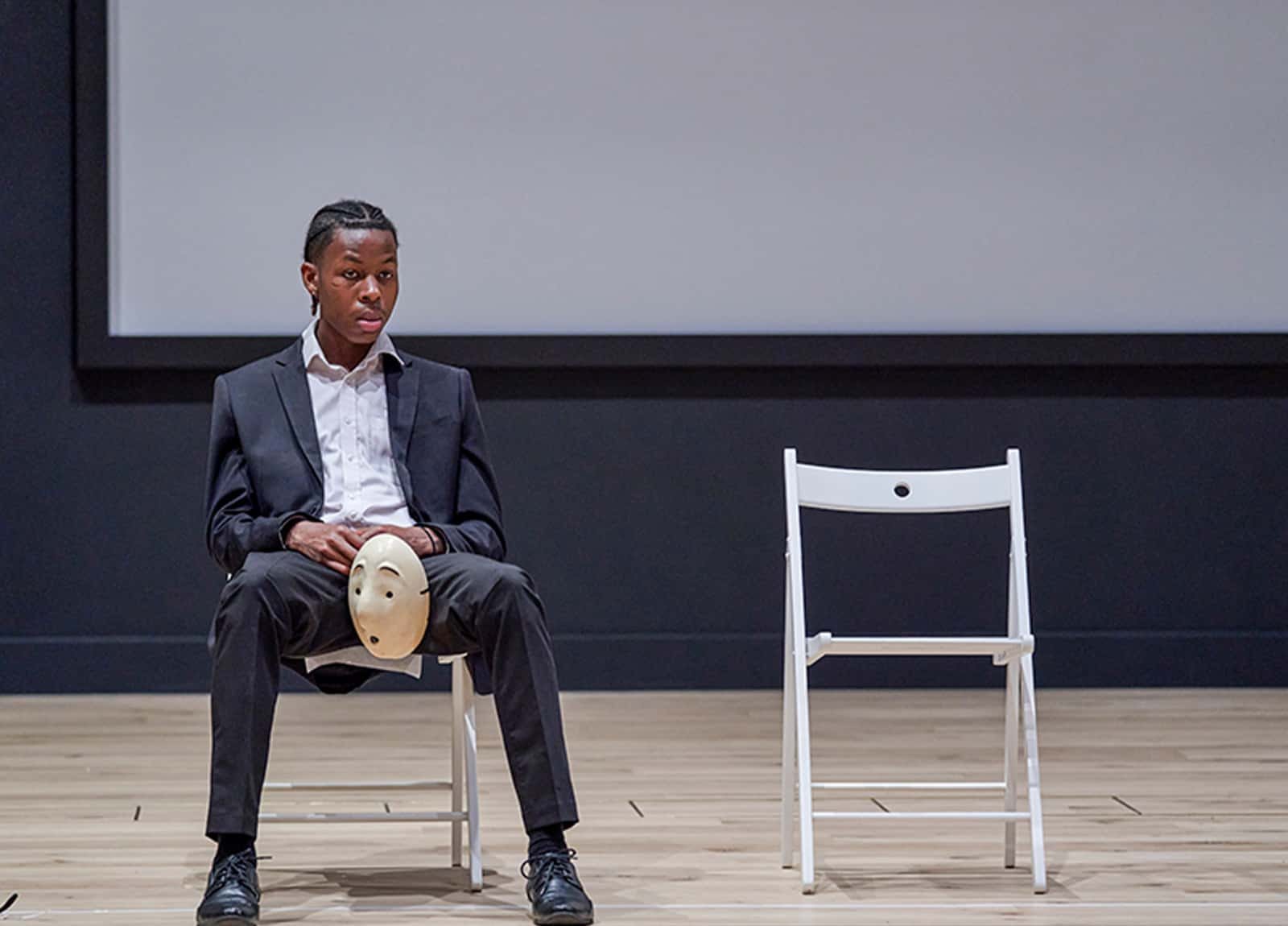
Upcoming audition dates
Spaces are limited so we suggested that you book early.
- Wednesday, 3 Dec 25
- Wednesday, 21 Jan 26
- Saturday, 31 Jan 26
- Saturday, 7 Feb 26
- Wednesday, 11 Feb 26
- Wednesday, 11 March 26
- Wednesday, 22 April 26
Offers are typically made within two weeks of the audition.
The audition process
The monologues
- Two monologues – one serious, one comic.
- Stick with contemporary texts which are post 1960 and try to focus on film, plays or radio dramas. Avoid Shakespeare monologues.
- Choose two contrasting monologues that allow you to show that something has changed for the character during the course of the performance.
- Make them something that you can relate to, both in terms of the character’s age and their personality.
- Monologues should be a maximum of two minutes each
Preparing the monologues
- Read the entire play/script that the monologue comes from so you understand the character’s journey.
- If the story take place in a different time or environment, research those so you can imagine yourself there and the conditions the character face.
- Ask yourself what happens in the monologue? What changes? What is at stake for the character?
- Know who you are speaking to and where they are.
- Create a time and space that is apart from the everyday and warm-up your body and voice.
- Think about shifts in tone, energy, pacing, mood, a sense of urgency in your monologue.
- Consider how to use your voice and body and make creative choices in line with your character and the situation they’re in.
- Don’t just memorise lines but practice what your character is doing both when speaking and in-between lines.
In-person monologues
- The process – Starts with a group practical workshop, typically a warmup. Students then wait with Student Ambassadors whilst each applicant goes to perform their monologues in front of a small panel. The panel will direct the applicant after their initial performance, and then lead straight into a short interview. After everyone has auditioned, the group will be lead on a campus tour.
- Arrive early!
- Eat at least half an hour before and bring water with you.
- Dress in clothes you can move in and don’t wear jewellery that dangles.
- Be yourself!
Online monologues
- The process – pre-record your audition, submit your video through the online portal, then take part in an online interview/review.
- Check the lighting is good enough to see your face and body.
- Don’t obscure your face with clothing, accessories etc.
- Check the positioning of your camera and that your background is plain and suitable.
- Triple check your video before submission. Check technical aspects too, that the audio and visuals are fine.
- During the online interview, you might be asked to perform one of your chosen monologues and be directed.
Fees and funding
Home
Tuition fees for the 2026/27 academic year
- BA course (three year): £9,790 per year
- Level 5 Diploma Year (optional): £9,790 year
The level of fee that you will be asked to pay depends on whether you’re classed as a UK (home) or international student. Check your fee status.
Fees for subsequent years
Tuition fees may increase in subsequent years in line with inflation, subject to government regulations. The inflation rate used is expected to be the Retail Price Index excluding mortgage payments (RPIX). We would confirm this in advance to you of each academic year.
Find our more about fees and funding
Funding your study
Depending on your circumstances, you may qualify for a bursary, scholarship or loan to help fund your study and enhance your learning experience.
International
Tuition fees that for the 2026/27 academic year
- BA course (three year): £18,860
- level 5 Diploma year (optional): £18,860
The level of fee that you will be asked to pay depends on whether you’re classed as a UK (home) or international student. Check your fee status.
Fees for subsequent years
For Overseas students starting in 2026 inflation will be applied to your fees in later years. We will confirm this in advance to you of each academic year, and we will limit the increase to no more than the Office for Students’ recommended inflationary measure.
Find our more about fees and funding
Funding your study
Please take a look at our International students page for information about fees, scholarships for international students, visas and much more.
Additional costs
Your course fees cover the cost of studies, and include loads of benefits, such as the use of our library, support from our expert employability team, access to workshops and free use of the IT equipment across our campuses. There are also other costs which you may need to consider.
How to apply
Home
All applications for undergraduate courses will need to be made via the Universities and Colleges Admissions Service (UCAS).
You’ll need our university UCAS code (N39) as well as your course code which you’ll find on your course page.
When you register with UCAS you will need include your previous and current qualifications information, personal statement, and reference.
Once we receive your application form through UCAS, we will email confirmation that we have received it and will give you access and instructions for logging into the applicant portal. Our decision will be communicated via UCAS.
Applying for an undergraduate degreeInternational
Full-time Undergraduate International applicants can either apply via UCAS or directly by completing the online application form below or emailing the downloadable form to ioadmissions@norwichuni.ac.uk
Online Application Form (opens in a new window)For further support for international applicants applying for an undergraduate degree view our international pages.

-
“The Acting course worked out to be the best of both worlds for me. I was primarily interested in acting but I was also keen to learn some film skills, as at this point of my journey I wasn’t entirely sure what I wanted to focus on.”
George Underwood
BA (Hons) Acting
Read George’s blog
Latest news
-
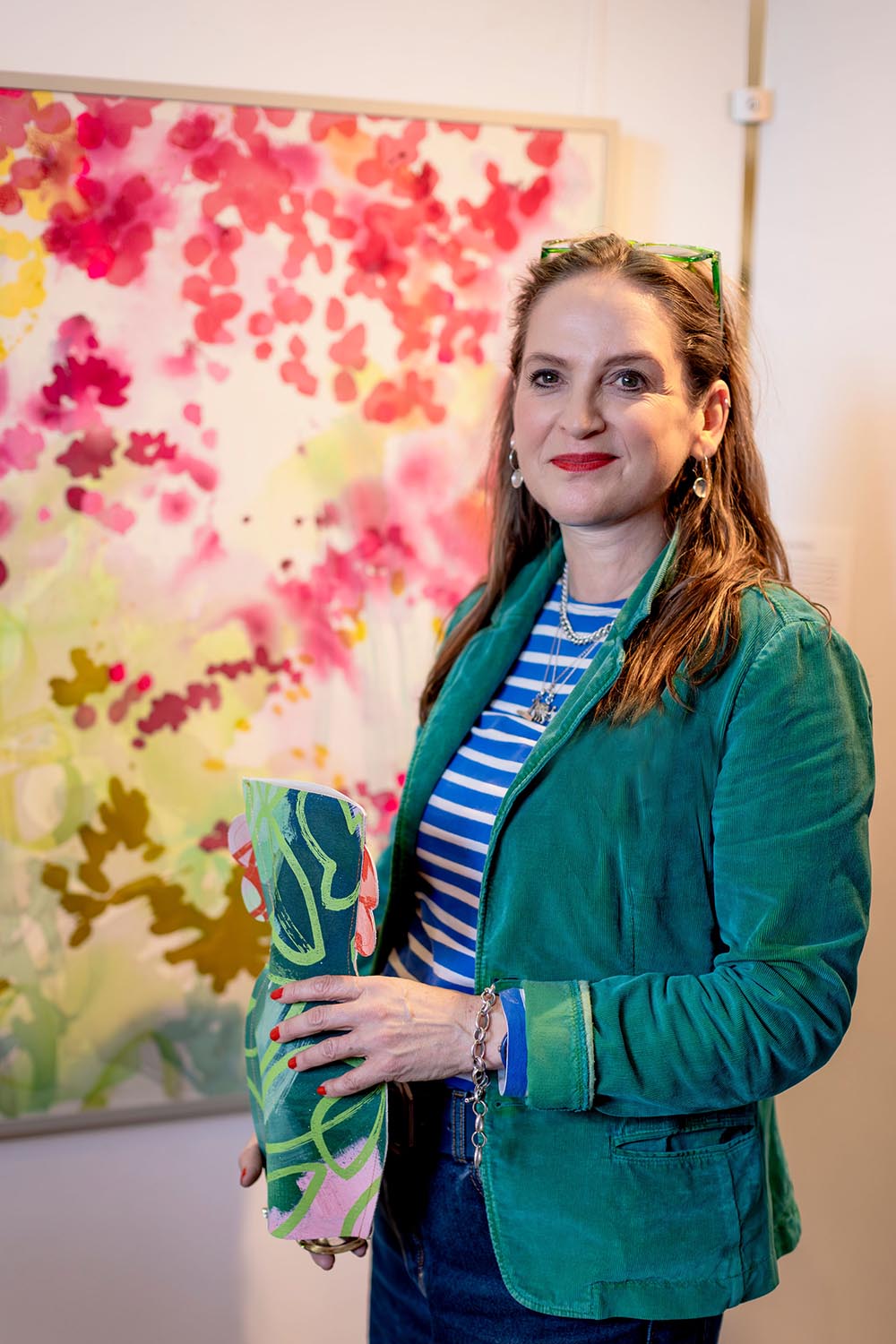 BA Textile Design •
BA Textile Design •In conversation with: Lucy Perry, MA Textile Design
Lucy shares her experience of creating a 360° digital installation, in a collaborative exploration of nature and technology. -
 Institution •
Institution •Norwich University of the Arts earns prestigious 5-star QS Star Excellence rating fo Teaching
Norwich University of the Arts has been awarded an overall four-star rating in the prestigious QS Stars University Ratings, marking a significant milestone in the University’s first-ever submission to the internationally recognised assessment framework. -
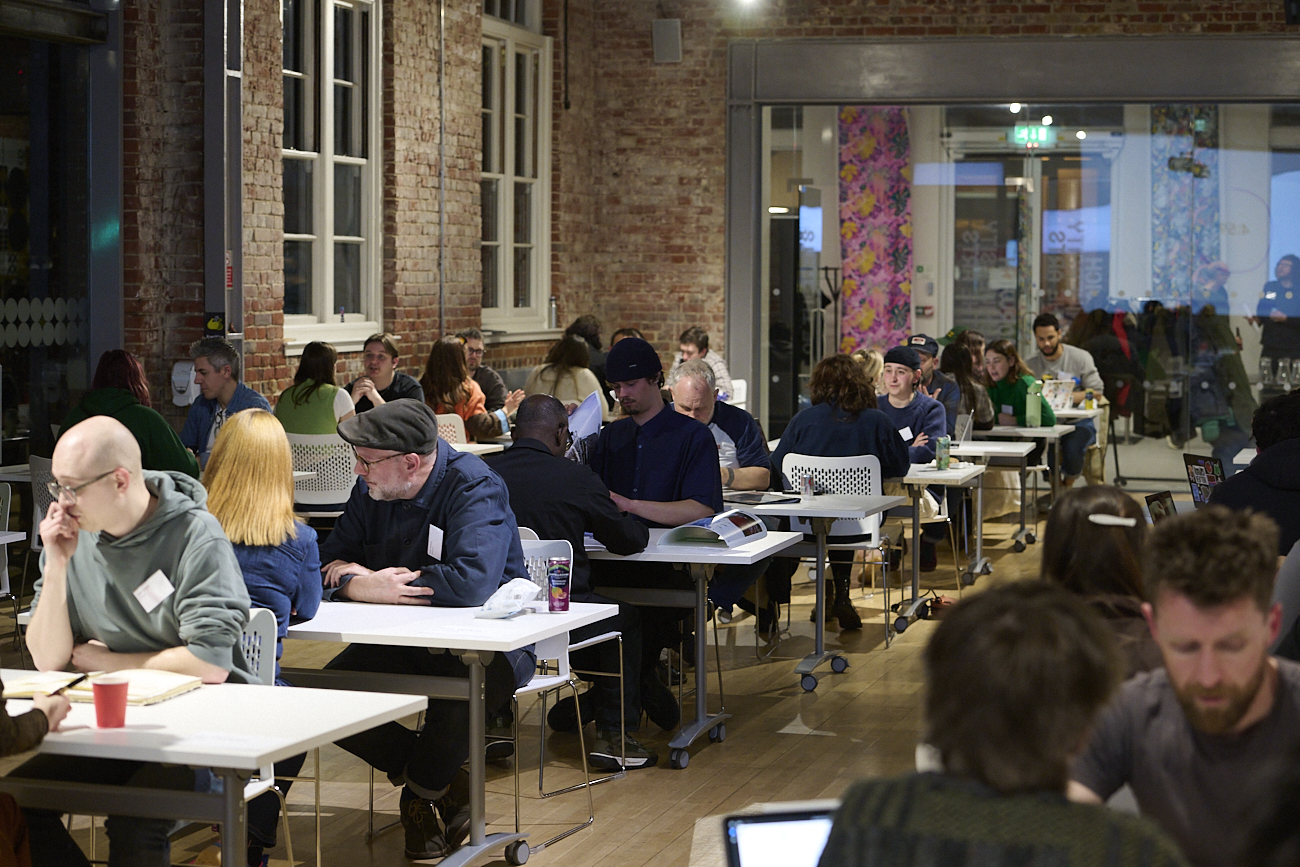 Employability •
Employability •Norwich University of the Arts celebrates 10 years of the Big Book Crit
Hundreds of Norwich students have shared their work with leading creative professionals over the last decade. -
 East Gallery •
East Gallery •Announcing the East Gallery Fellows 2025-2026
Norwich University of the Arts is pleased to announce the selected awardees of this year's East Gallery Fellowship. -
 BA Business Management •
BA Business Management •Dean of Creative Education Awarded Prestigious Principal Fellowship from Advance HE
The University is delighted to announce that Hilary Carlisle, Dean of Creative Education and Professor of Design, has been awarded Principal Fellowship of the Higher Education Academy (PFHEA) by Advance HE -
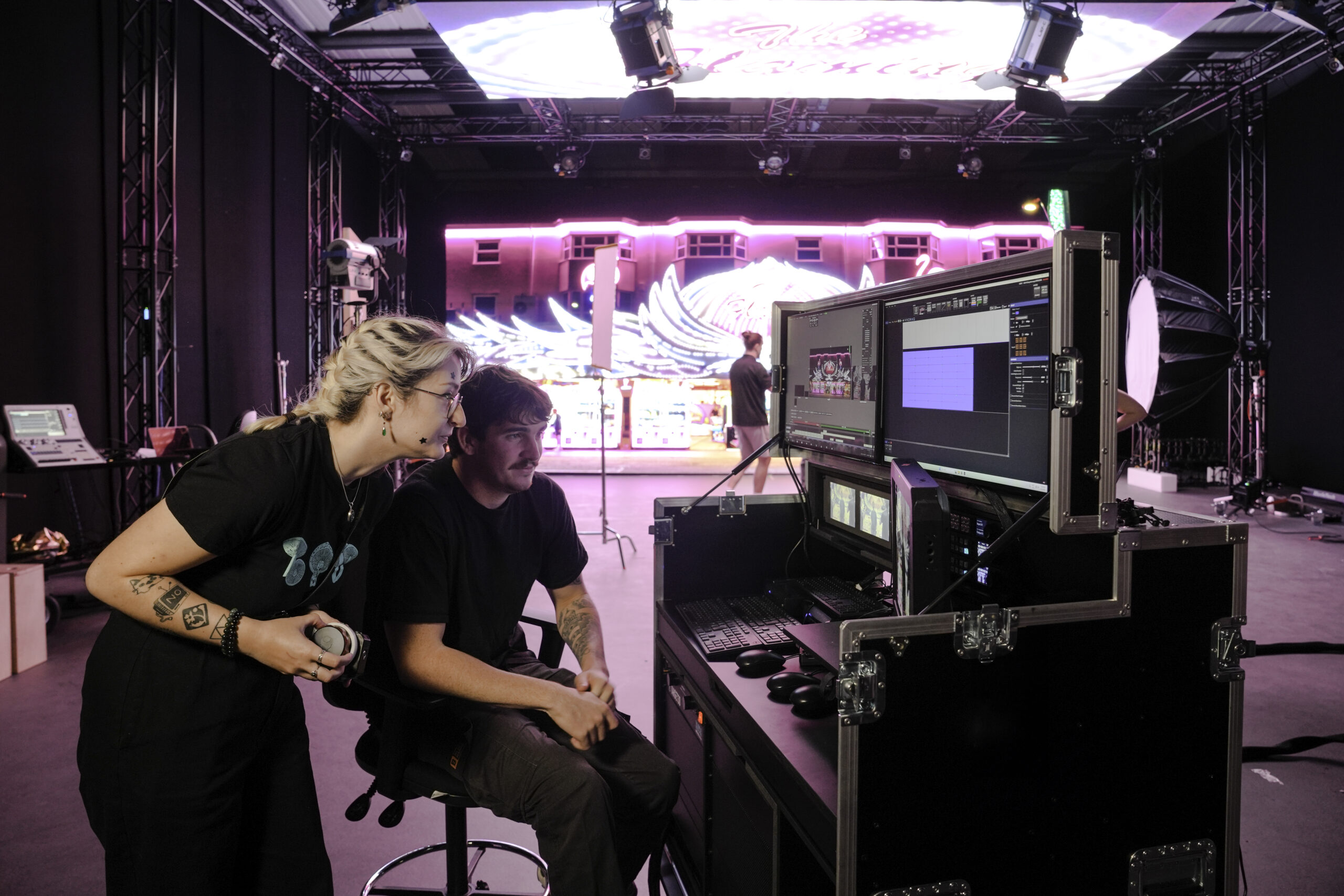 BA Degree •
BA Degree •Norwich University of the Arts to Host ELIA Academy 2027
Norwich University of the Arts is delighted to announce that it has been selected as the host institution for the ELIA Academy 2027. -
 BA Business Management •
BA Business Management •In conversation with Norwich’s newest lecturers in Marketing and Business Management
We joined Norwich's newest lecturers, Stephen Balmer-Walters and Laurie McAllister, to find out more about the University's Marketing and Business Management courses. -
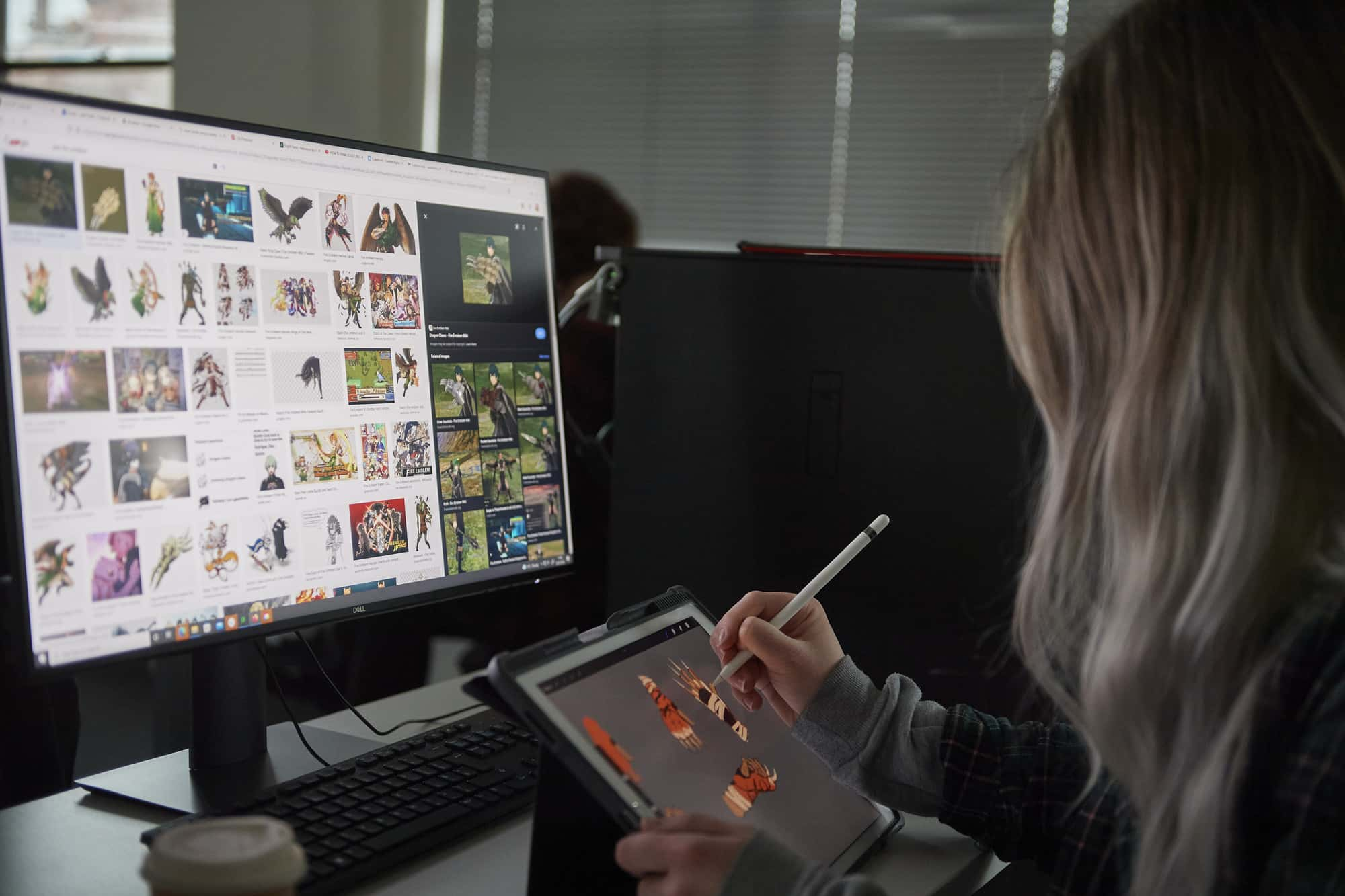 BA Games Art and Design •
BA Games Art and Design •East of England set to become UK’s next Games Cluster, says landmark report
A major new report is calling for the creation of a Games Cluster for the East of England — positioning the region as a national leader in creative technology and immersive media. -
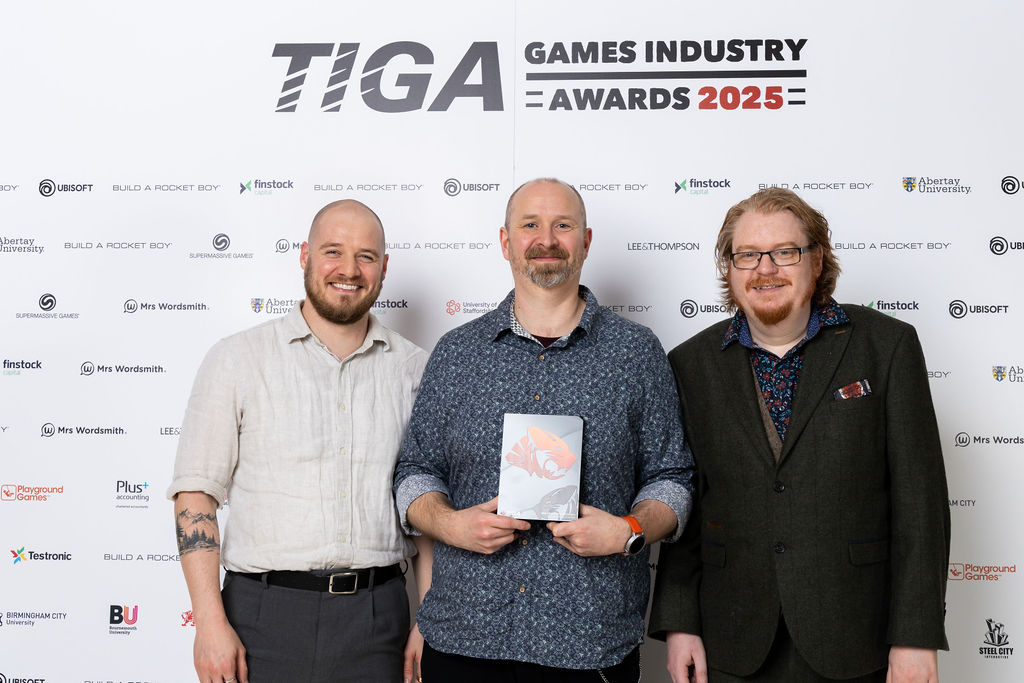 BA Games Art and Design •
BA Games Art and Design •Norwich awarded Best Education Initiative at the TIGA UK Games Industry Awards
TIGA, who represent the UK video games industry, have recognised the University’s commitment to graduate success and industry-focused learning in their 2025 awards. -
 BA Animation •
BA Animation •Cutting edge Sony Virtual Production Studio puts Norwich on the map for the future of film and gaming
Norwich University of the Arts and Sony open new landmark facility for students, creators and the community. -
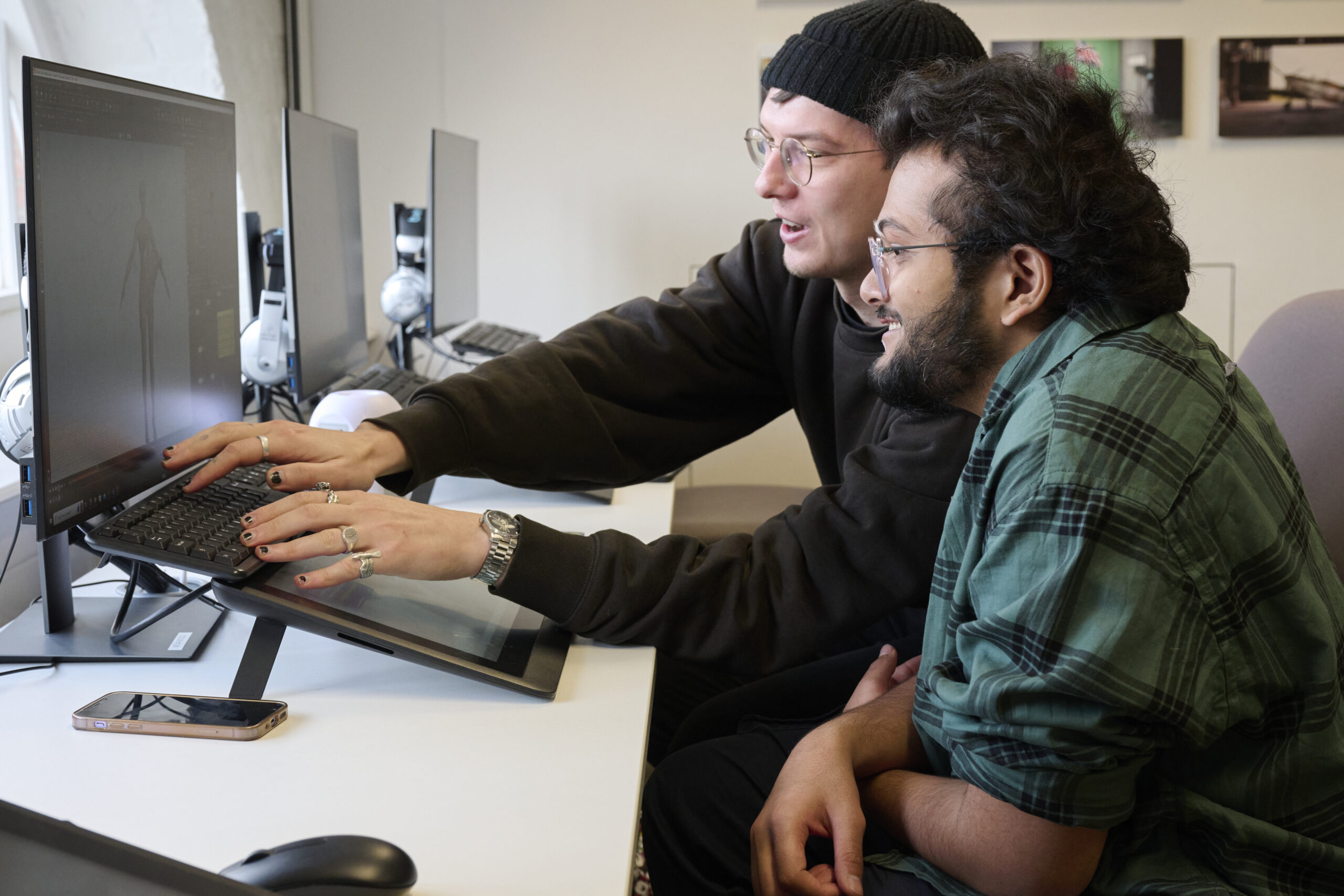 BA Animation •
BA Animation •Norwich named top UK university for production excellence in visual effects
The University has been placed in three categories in the 2025 Rookies Global School Rankings, including the top five for Production Excellence – Visual Effects. -
 BA Photography •
BA Photography •Entries open for Norwich's 2026 Beyond the Frame photography competition
Entries are now open for our annual photography competition, open to students aged 11 to 19 around the world. -
 BSc Degree •
BSc Degree •Norwich University welcomes new academics to its Psychology and Computer Science courses
Lyndsey Wallace joins the University as Senior Lecturer for BSc (Hons) Psychology, with Jawwad Chattha joining as Course Leader for BSc (Hons) Computer Science. -
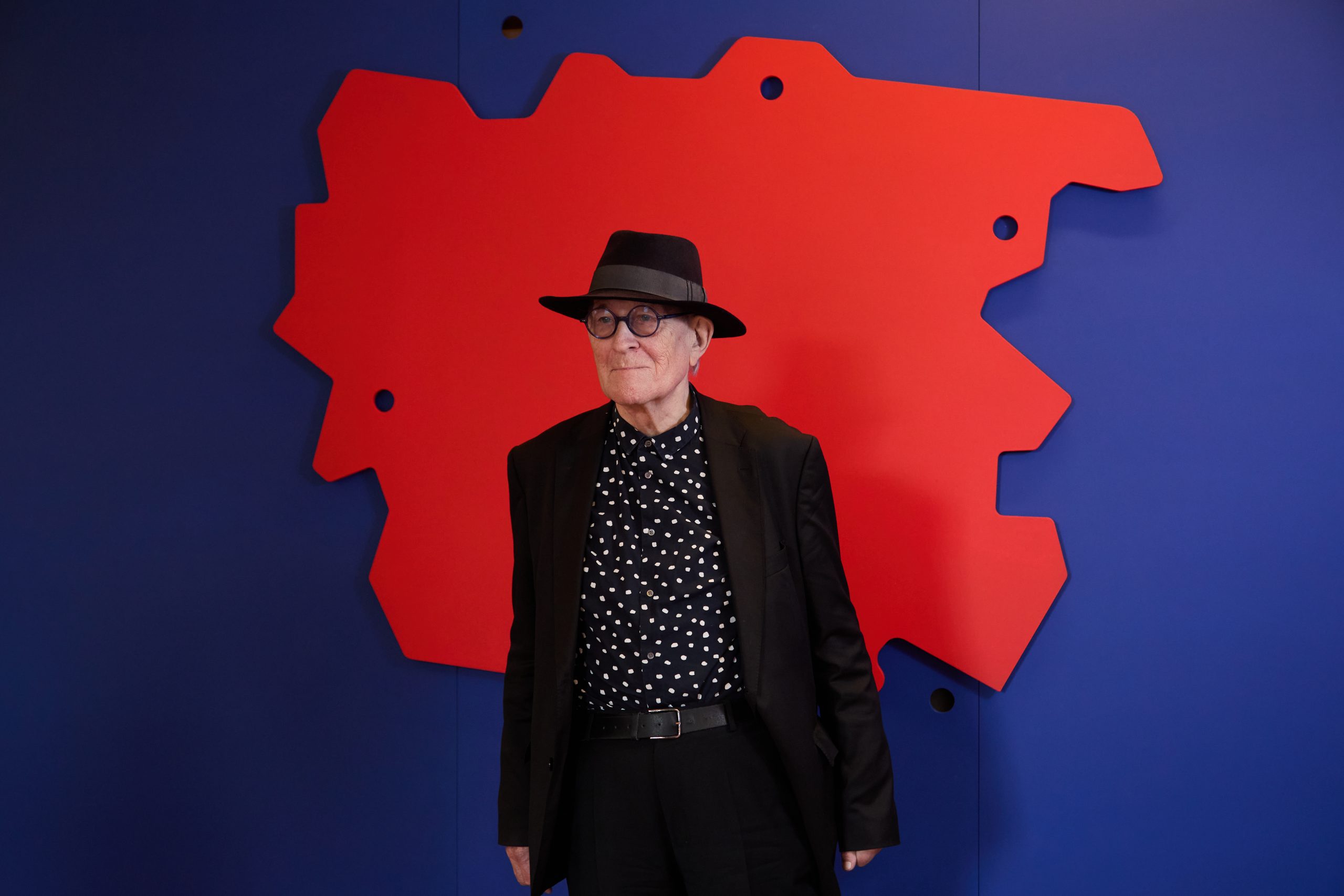 BA Architecture •
BA Architecture •Norwich University of the Arts presents the Peter Cook: Wonder Hub
Norwich University has launched the Peter Cook: Wonder Hub, a vibrant and interactive space for thinking, making, showcasing and debating the creative arts. -
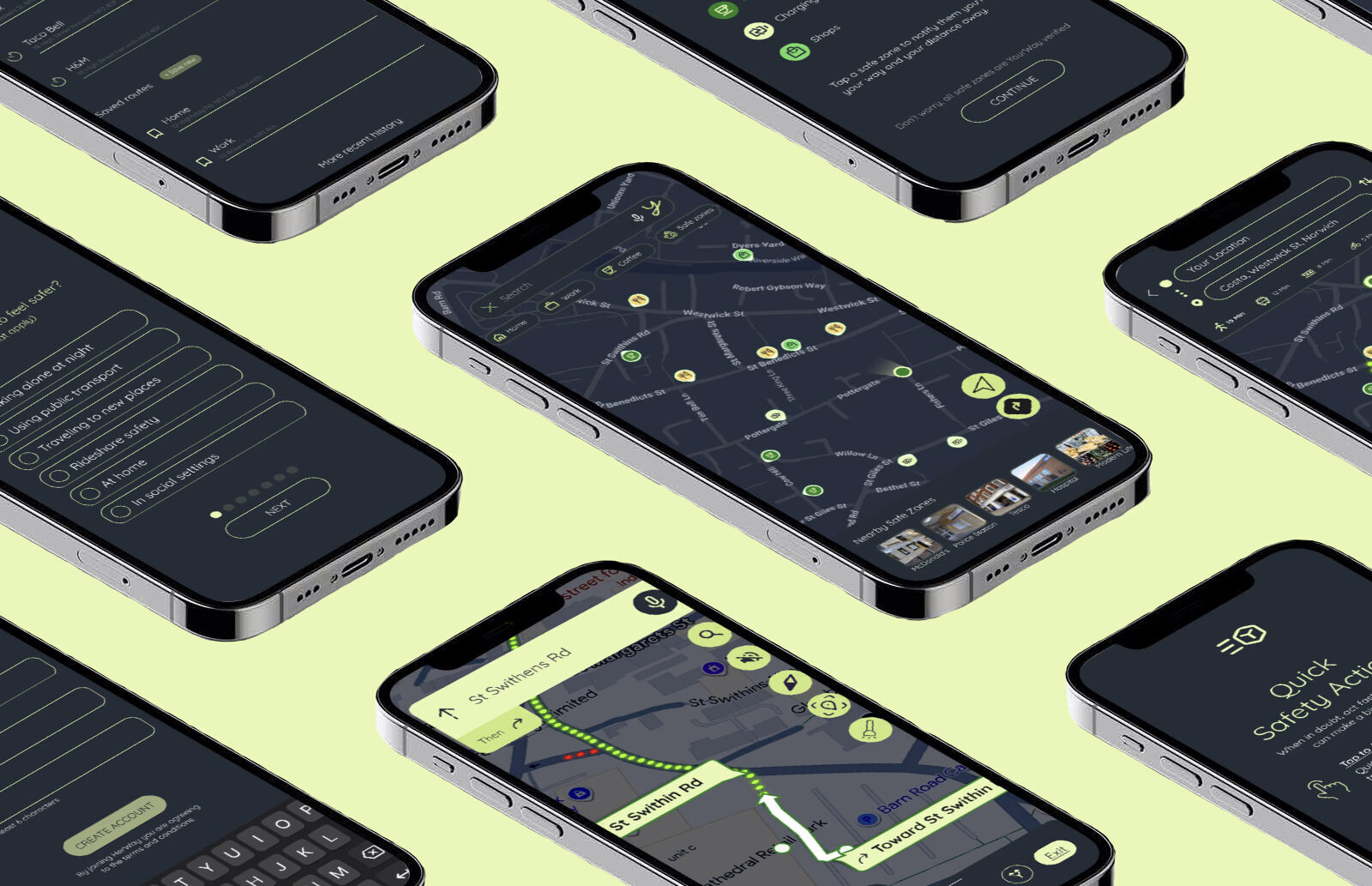 BA Graphic Communication •
BA Graphic Communication •Norwich students celebrate success at 2025 Creative Conscience Awards
Students from Norwich University of the Arts have been recognised across categories in this year’s awards, which showcase work focusing on social or environmental impact -
 BA Games Art and Design •
BA Games Art and Design •Norwich graduates recognised at TIGA UK Games Education Awards
Charlie O'Shea, BA (Hons) Games Art and Design has been named 'Outstanding TIGA Graduate of the Year: Designer'
Related courses
Discover our courses and take the first step towards unleashing your potential
-
Visit the Animation and Visual Effects BA (Hons) course page

- Filter courses by study level: Undergraduate
- Filter courses by duration: Full time
- Filter courses by start month: September
- Filter courses by subject: Animation and Visual Effects
Animation and Visual Effects BA (Hons)
Wield the creative and technical skills behind the latest Hollywood movies, with teaching from the award-winning studio professionals on Norwich’s BA (Hons) Animation and Visual Effects (VFX) degree course
-
Visit the Film and Moving Image Production BA (Hons) course page
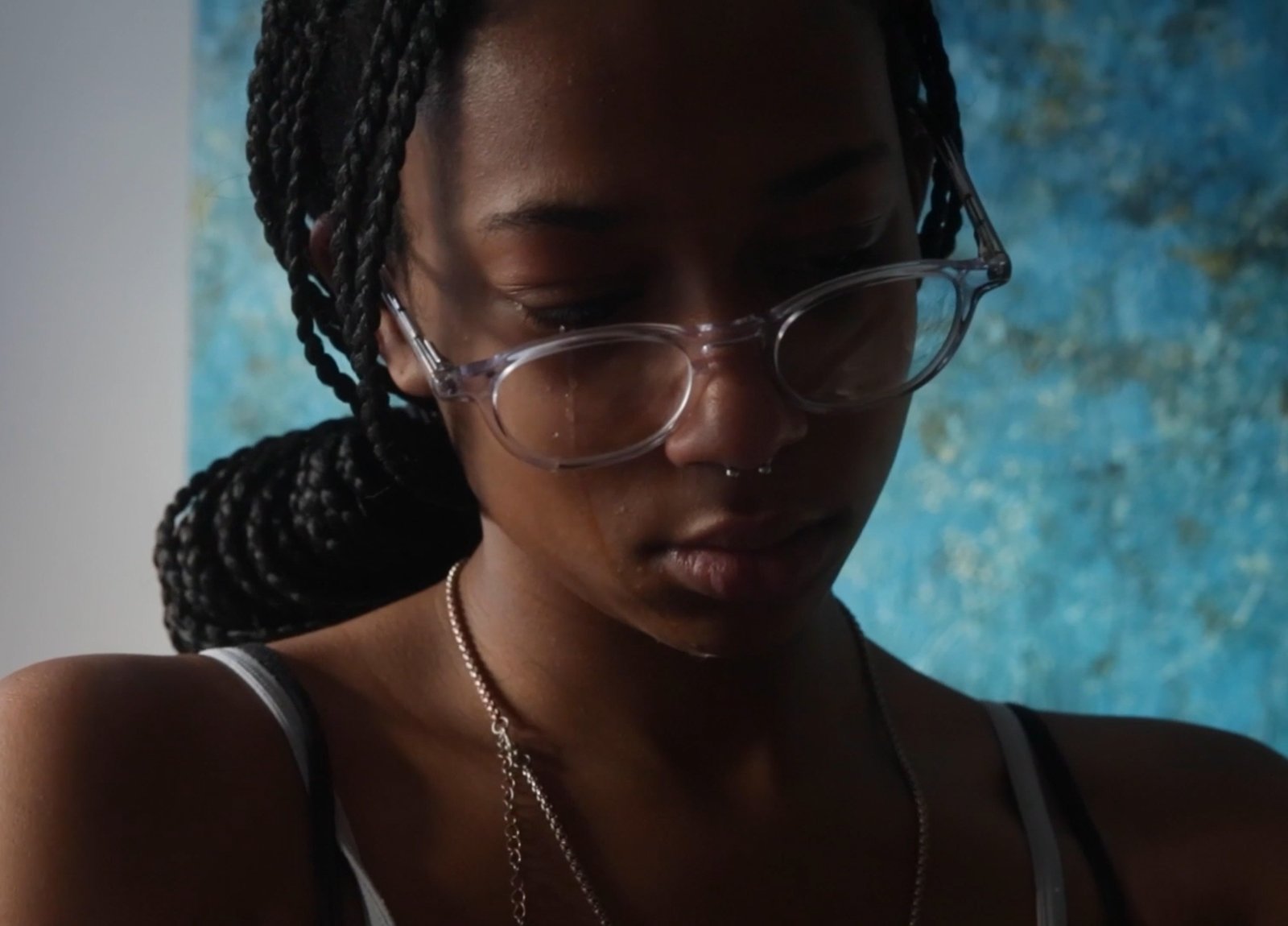
- Filter courses by study level: Undergraduate
- Filter courses by duration: Full time
- Filter courses by start month: September
- Filter courses by subject: Film and Moving Image Production
Film and Moving Image Production BA (Hons)
Unleash your artistic vision by combining the art of creative storytelling with practical industry skills across various filmmaking mediums.
-
Visit the Games Art and Design BA (Hons) course page

- Filter courses by study level: Undergraduate
- Filter courses by duration: Full time
- Filter courses by start month: September
- Filter courses by subject: Games Art and Design
Games Art and Design BA (Hons)
Explore and develop your skills of current game studio pipelines and be part of a collaborative, supportive department.

